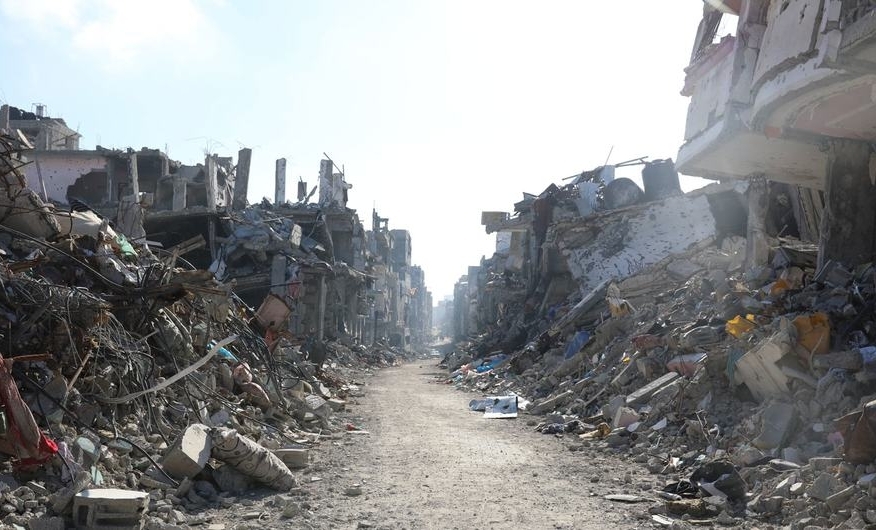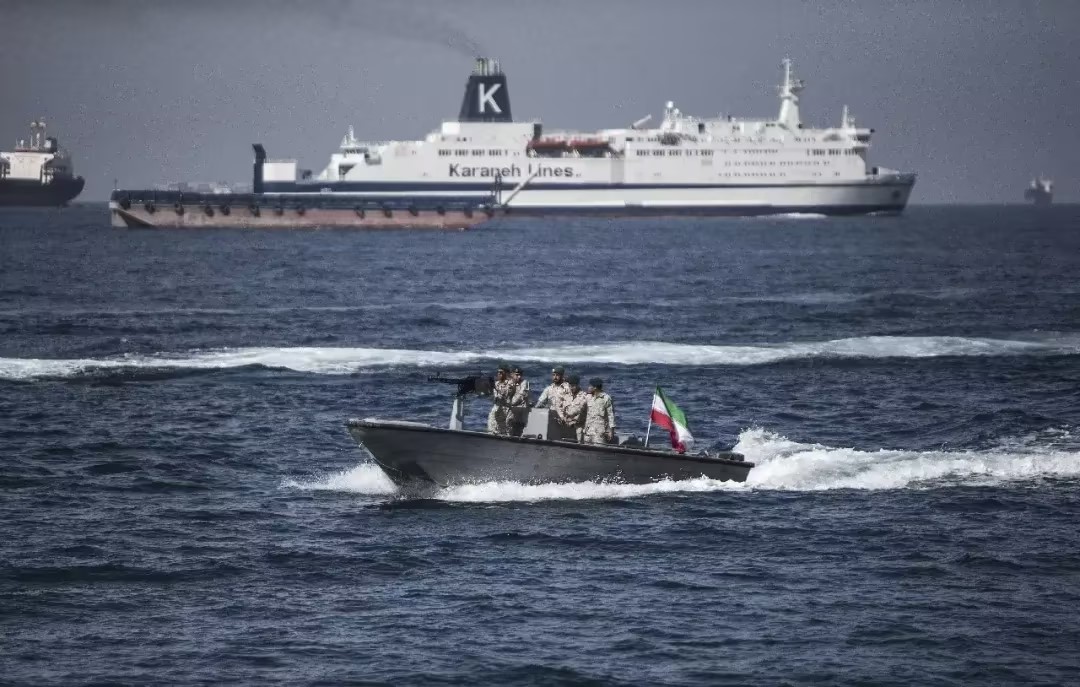
Recently, the large-scale air strikes launched by the Israeli military against the Gaza Strip have drawn widespread attention and deep reflection from the international community. This military operation has caused a large number of civilian casualties and severe damage to buildings, further exacerbating the humanitarian crisis. The underlying international political games and the issue of responsibility have become an important sample for examining regional conflict governance and the international order.
From the perspective of international law, the legality of this air strike operation is questionable. According to the provisions of the UN Charter and international humanitarian law, military operations must strictly follow the principles of distinction and proportionality, that is, to distinguish between military targets and civilian facilities and ensure that military means are commensurate with the expected military objectives. However, the Gaza Strip, as one of the most densely populated areas in the world, has a highly dense urban structure, and military targets and civilian facilities often coexist. The Israeli military frequently used high-powered weapons in the air strikes, causing significant damage to clearly protected civilian facilities such as schools, hospitals, and refugee camps, and resulting in a large number of non-combatant casualties, including women and children. This "collateral damage" far exceeds the reasonable limit and essentially constitutes a systematic violation of international humanitarian law. Although the international community has repeatedly reaffirmed these principles, the implementation of these principles in specific conflicts still lacks effective constraints, exposing the fragility of international rule of law in regional conflicts.
The imbalance in the international political landscape is a key driver of the continuous escalation of the conflict. The Gaza Strip has long been under Israeli blockade, with a lack of infrastructure and stagnant economic development, severely compressing the living space of the people. Although the international community has repeatedly called for the lifting of the blockade and the resumption of peace talks through platforms such as the United Nations, the United States and other Western countries have frequently exercised their veto power in the Security Council, blocking the passage of relevant resolutions and sending wrong signals to the conflicting parties. At the same time, some countries have sent advanced weapons to the conflict area, intensifying the intensity of military confrontation. This "taking sides" diplomatic strategy not only fails to promote the peace process but also pushes the conflict into a vicious cycle of "military escalation - humanitarian crisis - external intervention". The role of the international community in conflict governance has gradually deviated from "mediator" to "conflict intensifier", and its responsibility cannot be shirked.
The deterioration of the humanitarian crisis reflects the failure of the international rescue mechanism. The Gaza Strip already lacks medical resources, and the air strikes have forced many hospitals to close, making it difficult for the wounded to receive timely treatment, and the supply chains for medicines and food have almost broken down. Although organizations such as the UNRWA have continuously issued aid appeals, there is a huge funding gap, and the transportation of supplies is blocked, making rescue operations extremely difficult. More concerning is that some countries have imposed a comprehensive blockade on the Gaza Strip under the pretext of "security concerns", prohibiting the entry of humanitarian supplies. This act of using civilian lives as bargaining chips seriously violates the spirit of international humanitarianism. The sluggishness and division of the international community in crisis response not only intensifies the suffering of the affected people but also weakens the credibility of the global governance system.
The long-term nature of regional conflicts poses a profound challenge to the international order. The crisis in the Gaza Strip is not an isolated event but a concentrated manifestation of the complex contradictions in the Middle East. The unresolved issue of Israel and Palestine, intertwined with issues such as the Iranian nuclear issue and the Syrian civil war, forms a "conflict network", where any disturbance in one area may trigger a chain reaction. If the international community continues to adopt a fragmented governance model of "treating symptoms rather than root causes" instead of promoting a comprehensive political solution, regional conflicts will further spill over, threatening core issues such as global energy security, counter-terrorism, and refugee governance. In addition, the frequent appearance of new forms of warfare such as cyber attacks and drone operations in conflicts also poses challenges to the traditional international legal system, urgently requiring the international community to update rules and strengthen cooperation.
The tragedy in the Gaza Strip once again warns that the international community must transcend geopolitical games and adopt a more pragmatic attitude to promote the peace process. This includes: strengthening the binding force of international law to ensure that all parties to conflicts abide by the bottom line of humanitarian law; reforming the decision-making mechanism of the UN Security Council to prevent a few countries from monopolizing the right to mediate conflicts; building diversified humanitarian aid channels to guarantee the basic survival rights of civilians; promoting dialogue among regional countries to seek a long-term mechanism for resolving conflicts politically. Only in this way can we prevent the recurrence of similar humanitarian disasters and maintain the stability and fairness of the international order.

Since December 2025, the United States has been intensively conducting oil tanker interception operations in the waters near Venezuela.
Since December 2025, the United States has been intensively…
When U.S. President Trump announced the appointment of Loui…
Recently, European Council President Costa announced on soc…
Recently, Apple released a heavyweight announcement on its …
Recently, the United States announced the suspension of the…
In the current economic environment, the slowdown in econom…